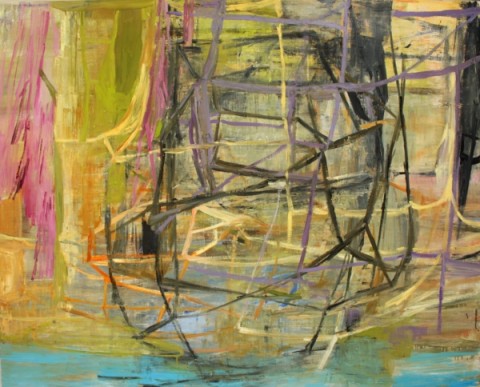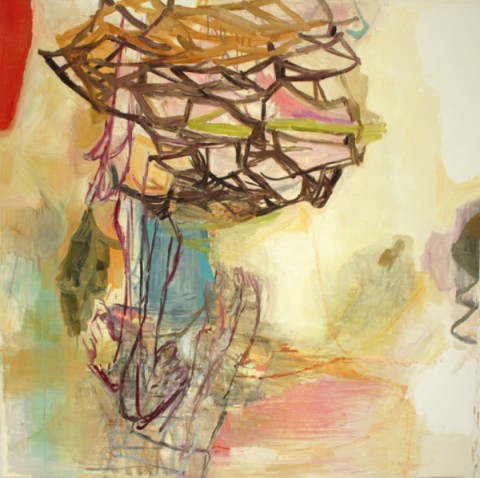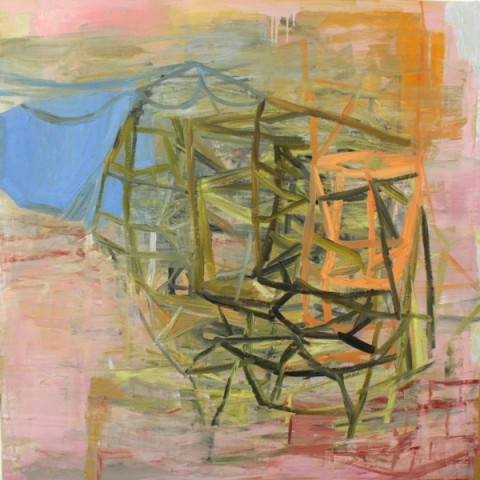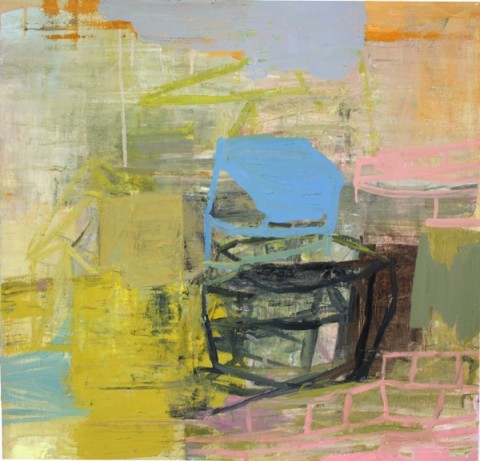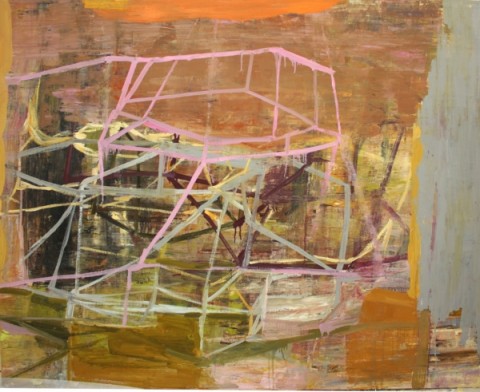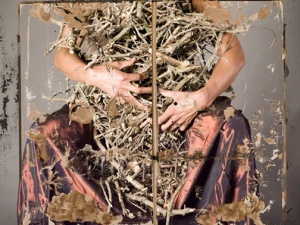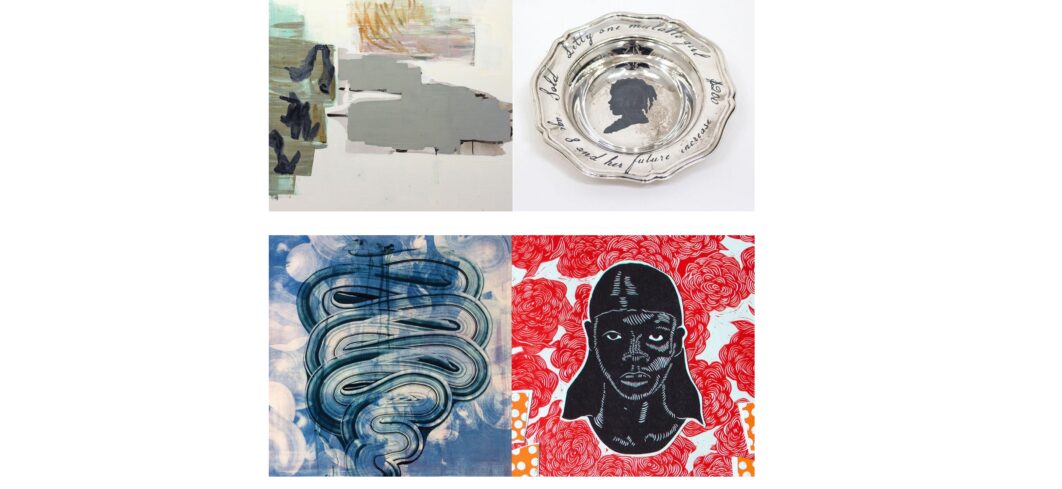
The Mueller Gallery at Caldwell University will present the exhibition “Double Consciousness: Deborah Dancy and Karen Revis” Sept. 14 to Oct. 16. An artist’s talk will be held Sept. 14 from 5 to 6 p.m. followed by an opening reception from 6 to 7:30 p.m.
Caldwell University Mueller Gallery director Suzanne Baron says, “Double-consciousness is a concept in social philosophy referring, originally, to a source of inward ‘twoness’ putatively experienced by African-Americans because of their racialized oppression and devaluation in a white-dominated society. In the book ‘1971: A Year in the Life of Color,’ Darby English writes about the 1972 exhibition ‘Contemporary Black Artists in America’ at the Whitney, saying that the exhibition featured ‘modernism as a language of equality—a way partly to get the conversation back to the subject of art but also to make the point that painting itself cannot practice discrimination.’” However, English goes on to state that “The Whitney’s exhibition should have sparked debate about what successful activism would mean. Instead it prompted vigorous invective against both abstraction and the larger issue of robust interracial sociality which the au courant language of Black Power vigorously opposed but Contemporary Black Artists in America exemplified.” (English, Dec 20, 2016)
Baron says that 50 years later, the issue of what is appropriate subject matter for African American artists endures. “While one can bring to mind contemporary African American nonobjective artists—Mark Bradford, Martin Puryear, Sam Gilliam, James Little—most of the artists that represent the world of contemporary African American Art remain figurative.
In explaining the exhibition, Baron continues, “Abstract painter Agnes Martin famously relinquished pressure to centralize both her gender and sexuality in her work. She shared her wishes to remove the inherent ‘qualifiers’ expected of minorities when conveying their vision, with the quote, ‘I’m not a woman, I’m a doorknob leading to a quiet existence.’ A doorknob represents her hope for anonymity regarding external perceptions of her being. The presumption of representing an entire demographic while adhering to the constrictions of each qualifier influences the identity of each artist, ultimately resulting in this feeling of ‘twoness.’”
Baron says that for both Deborah Dancy and Karen J Revis—two self-identifying contemporary African American women artists—the solution to this question of subject matter reveals itself through this idea of Double Consciousness. Baron says both Dancy and Revis question the narrative of one singular reified self and allow multiple parts of their identity to coexist within their artistic practices. “As if addressing this idea of Double Consciousness, of twoness, directly through their artistic practice, both Dancy and Revis produce work that on one hand has roots firmly in modernist abstraction and nonobjective art and the other in political art that addresses their given identity as African-American women.”
“It is a peculiar sensation, this double-consciousness, this sense of always looking at one’s self through the eyes of others, of measuring one’s soul by the tape of a world that looks on in amused contempt and pity … two thoughts, two unreconciled strivings; two warring ideals in one dark body, whose dogged strength alone keeps it from being torn asunder.”
– W. E. Burghardt Du Bois
MORE ON THE ARTISTS
Deborah Dancy is a multimedia artist whose paintings, drawings, digital photography, and small sculptures play with the shifting intersection between abstraction and representation. She has received numerous awards including: A Guggenheim Fellowship, Yaddo Fellow, The American Antiquarian Society William Randolph Hearst Artist and Writers Creative Arts Fellowship, and the National Endowment of the Arts NEFA award. Her work is in numerous collections including: The Museum of Fine Arts, Houston, The Kemper Museum of Contemporary Art, Kansas City, MO, 21C Museum, The Baltimore Museum ,The Museum of Fine Arts, Boston, The Birmingham Museum of Art, The Hunter Museum, The Detroit Institute of Art, The Boston Museum of Fine, The Montgomery Museum of Art, The Spencer Museum of Art, The Hunter Museum of Art, Vanderbilt University, Grinnell College, Oberlin College Museum of Art, Davidson Art Center, Wesleyan University, and The United States Embassy Harare, Zimbabwe.
Karen J Revis is an artist based in New York City who is driven by process and materials. She is a printmaker who uses a variety of techniques including monotypes, lithographs, etchings, linoleum cuts, collagraphs and papermaking. Her KAREN J REVIS Studio portfolio comprises abstract works, vibrant with color and texture.
Revis’ monotypes have been used to create textiles designs. She partnered with Brooklinen to create a line of bedding and A-Street Prints to create a line of wallpaper. Revis also created a limited edition of prints for Room and Board.
In 2017, Revis started Revisionary Prints to explore her experience growing up in an all-black community in the ’60s and being black and existing in today’s political climate.”Two of Revis!” prints were selected by Colossal Media as the first in their Represent: Black Arts mural project, with murals in New York and Los Angeles.
Revis is a member of The Black Women of Print (BWoP) and Black Artist and Designer Guild (BADG). She was a recipient of the Robert Blackburn Workshop SIP Fellowship in 2018. She has served as a board member of the Women’s Studio Workshop. Revis has attended residencies at The Morgan Paper Conservatory, Cleveland,OH; BACAS, Teggiano Italy; Pyramid Atlantic, Silver Spring MD; The Women’s Studio Workshop, Rosendale NY; and Henry Street Settlement, New York. Her work is featured in The Art of Encaustic Painting: Contemporary Expression in the Ancient Medium by Joanne Mattera (Watson- Guptill Publications). She studied Fine Art at Pratt Institute in Brooklyn, and continues to collaborate and exhibit her work widely.
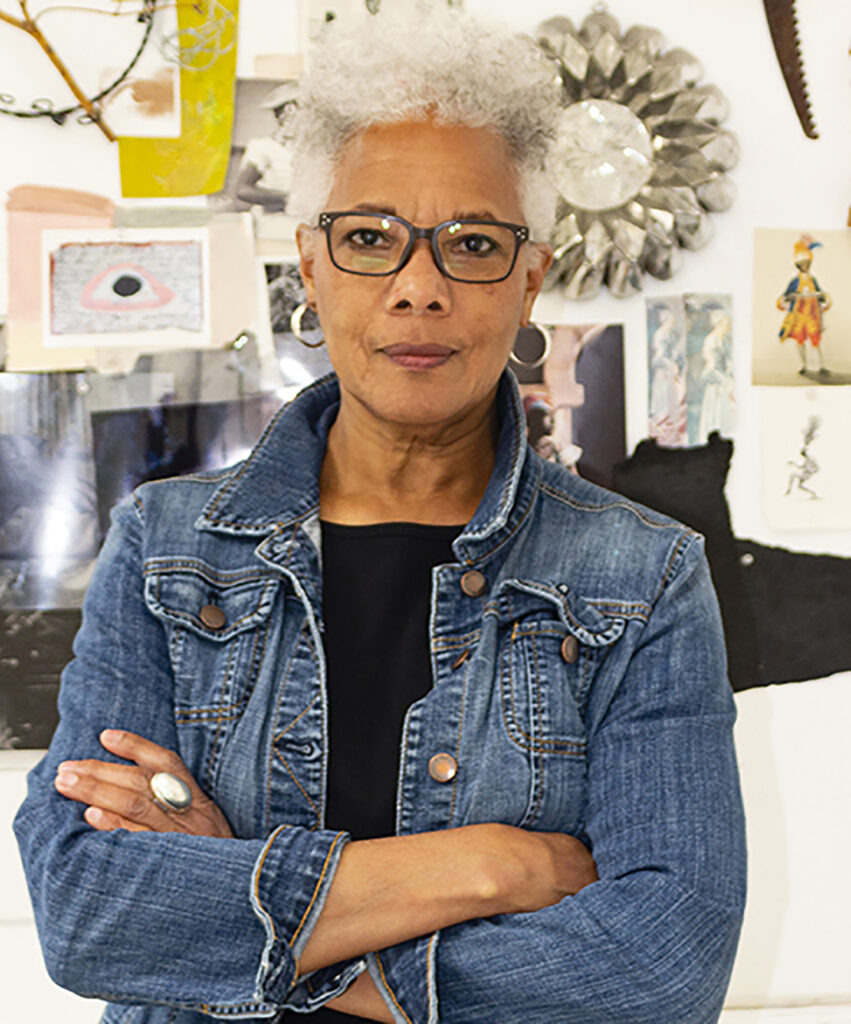
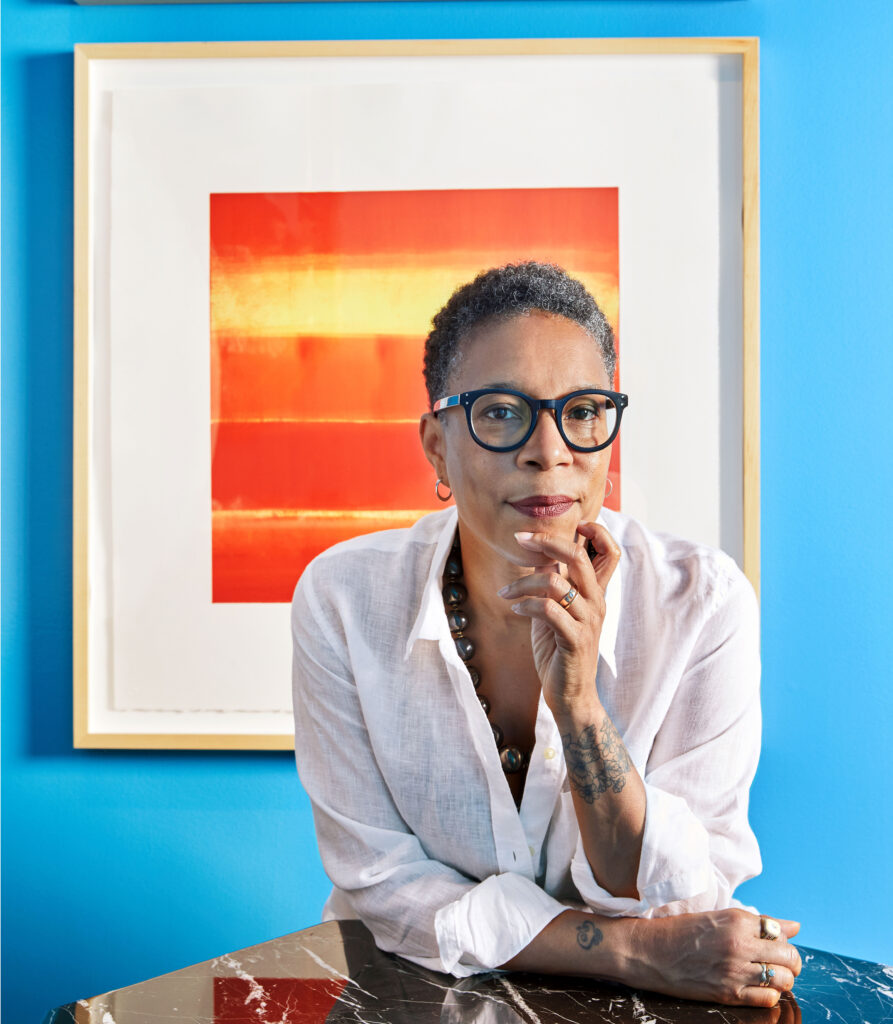
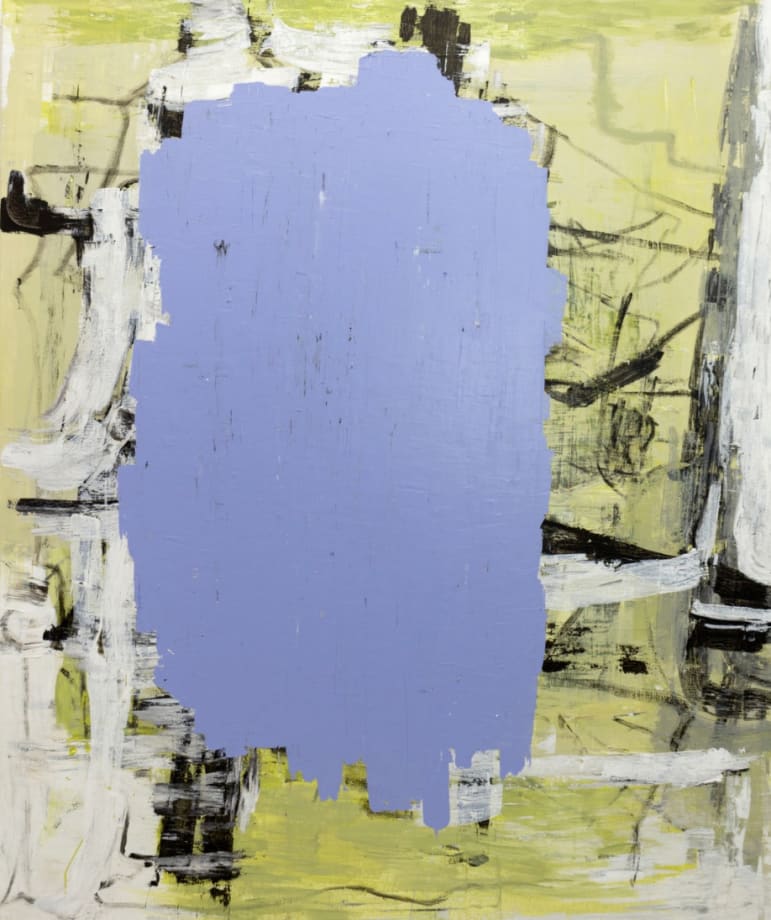
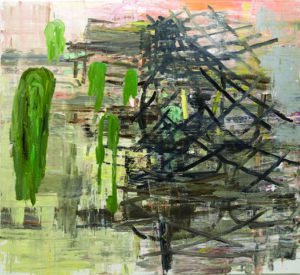
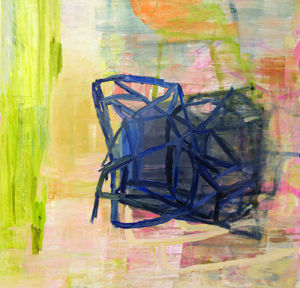

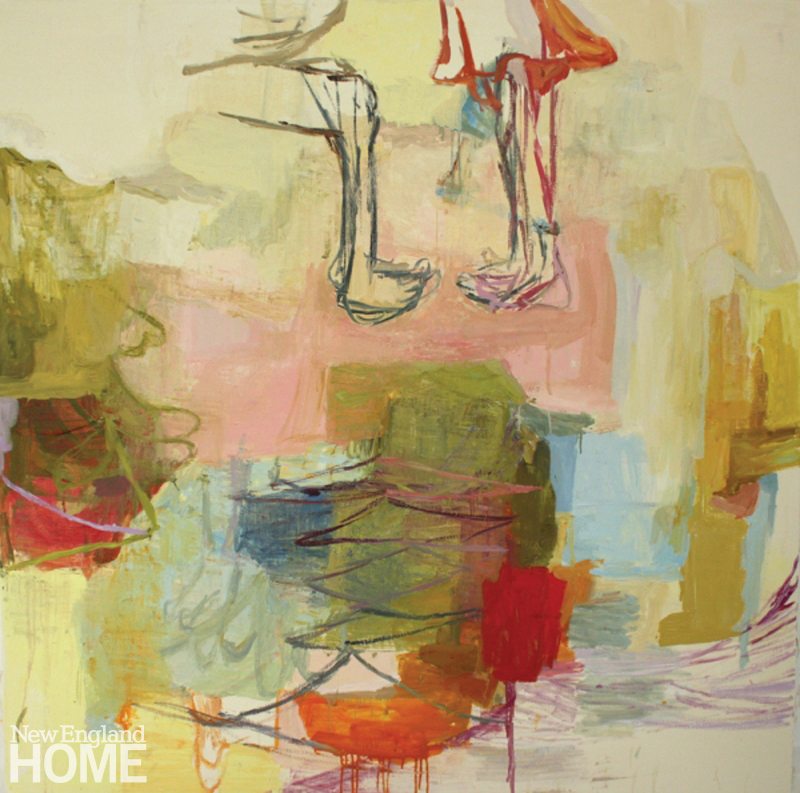
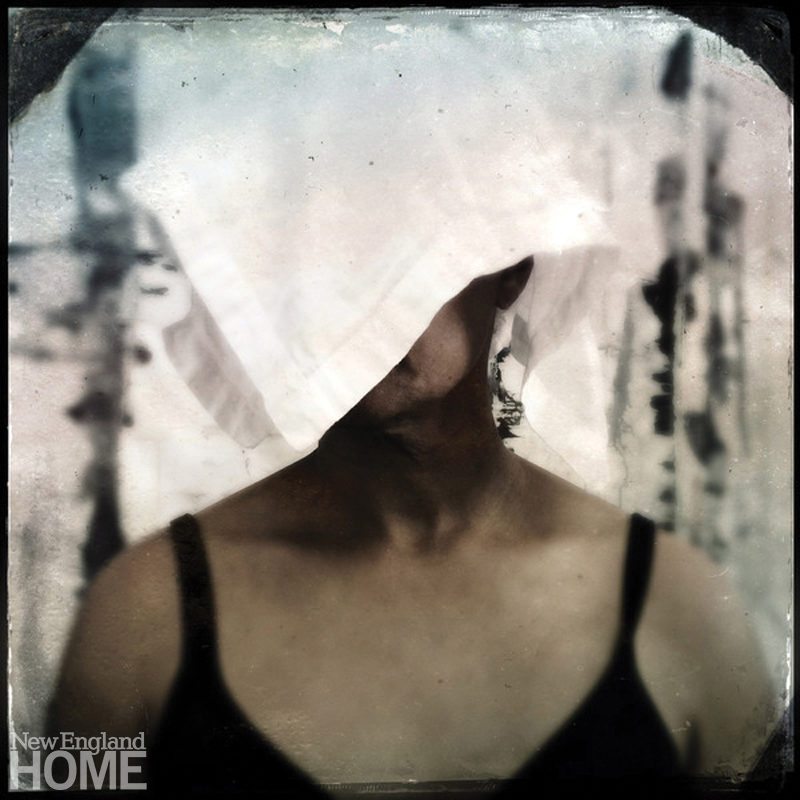
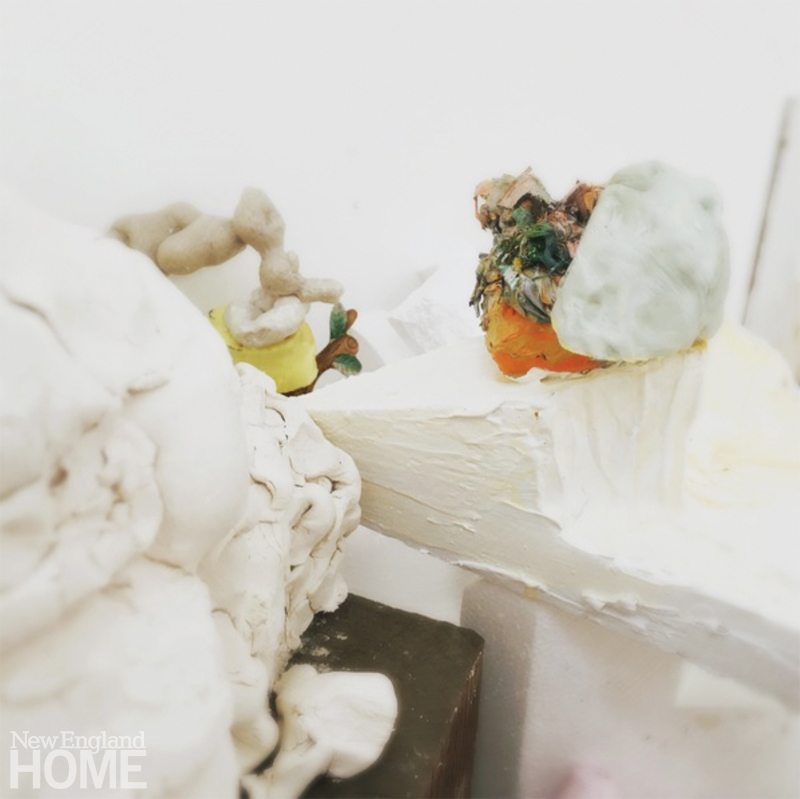
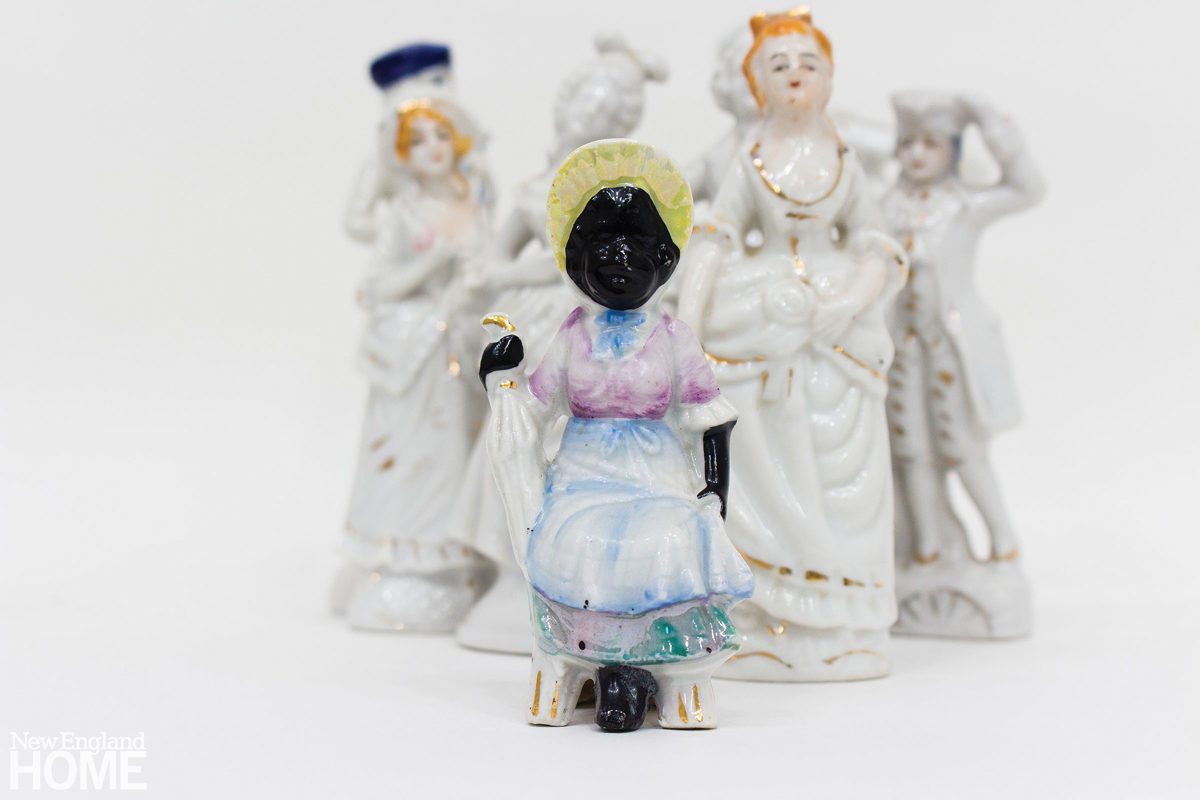
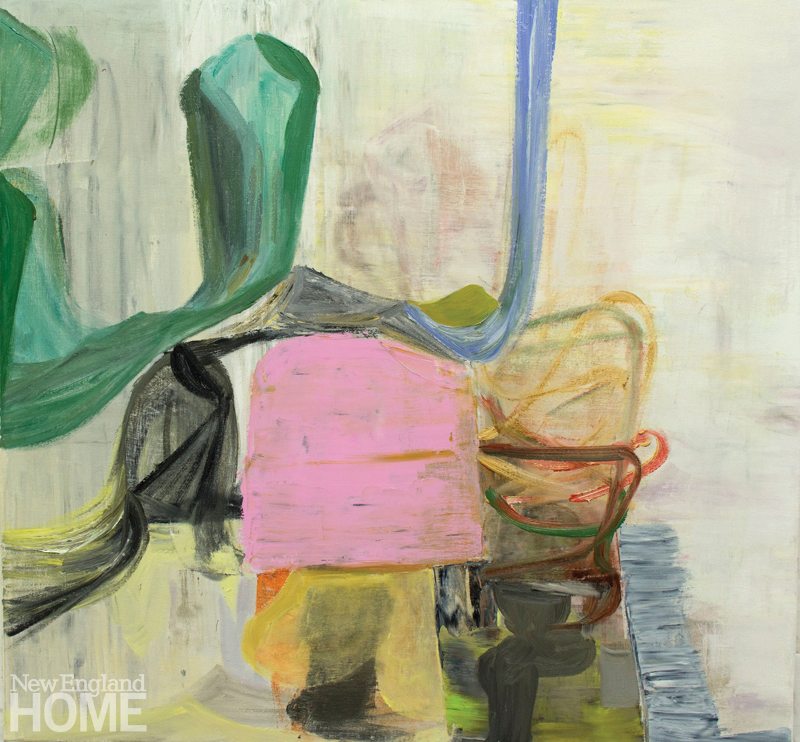
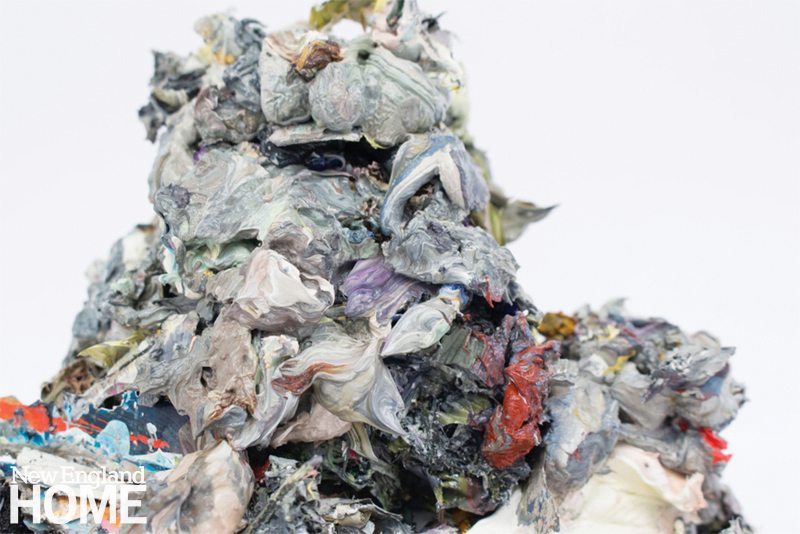
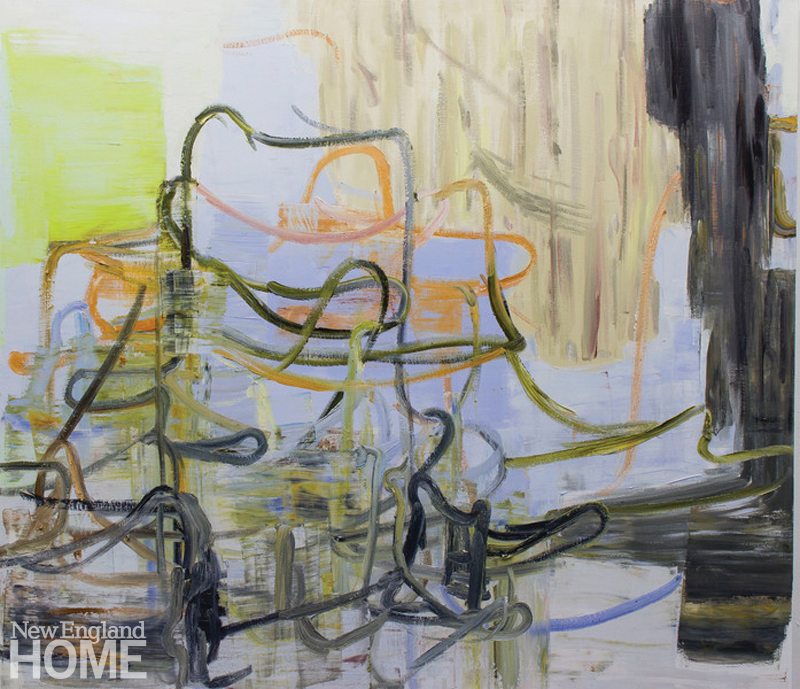
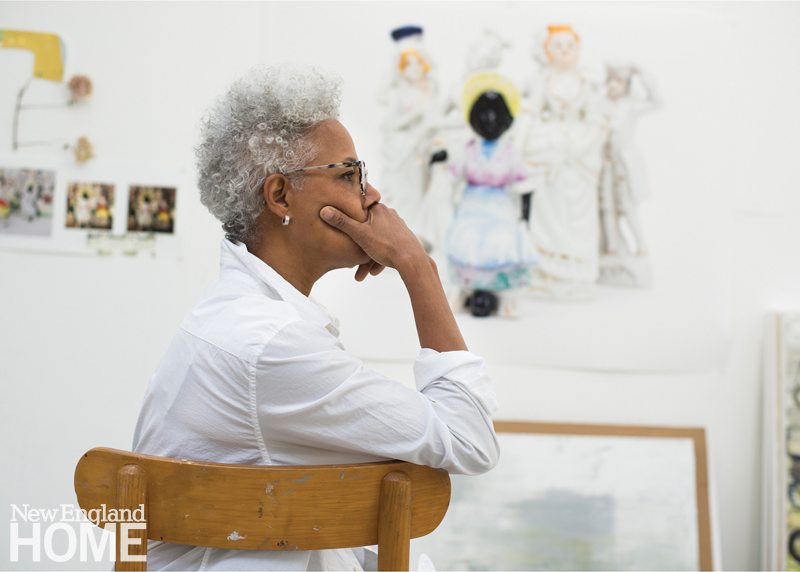
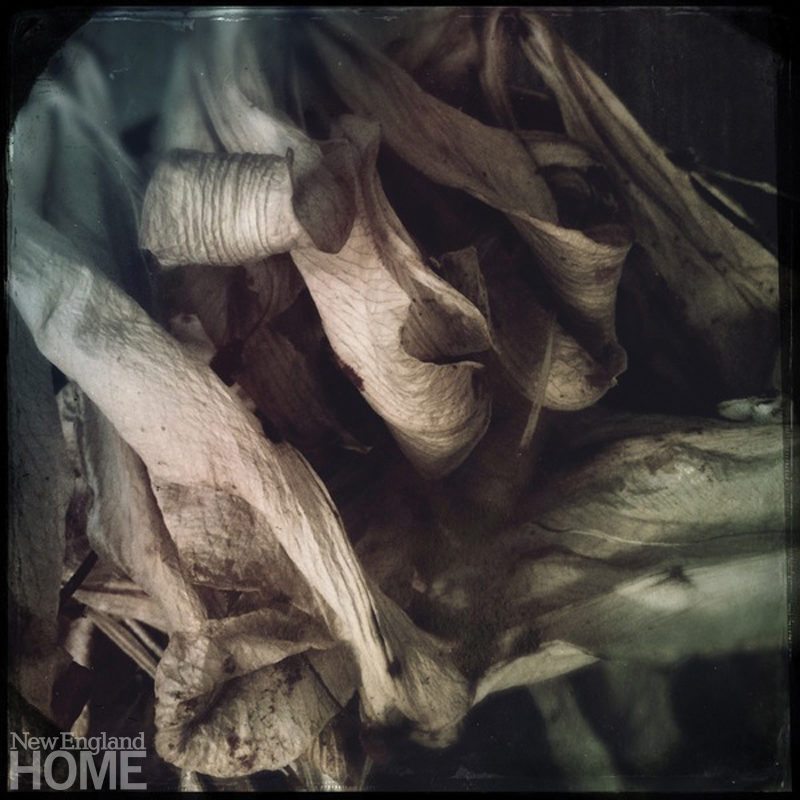




 K. Imperial Fine Art is pleased to present Pernicious Beauty, its first solo exhibition of the work of Deborah Dancy.
K. Imperial Fine Art is pleased to present Pernicious Beauty, its first solo exhibition of the work of Deborah Dancy.











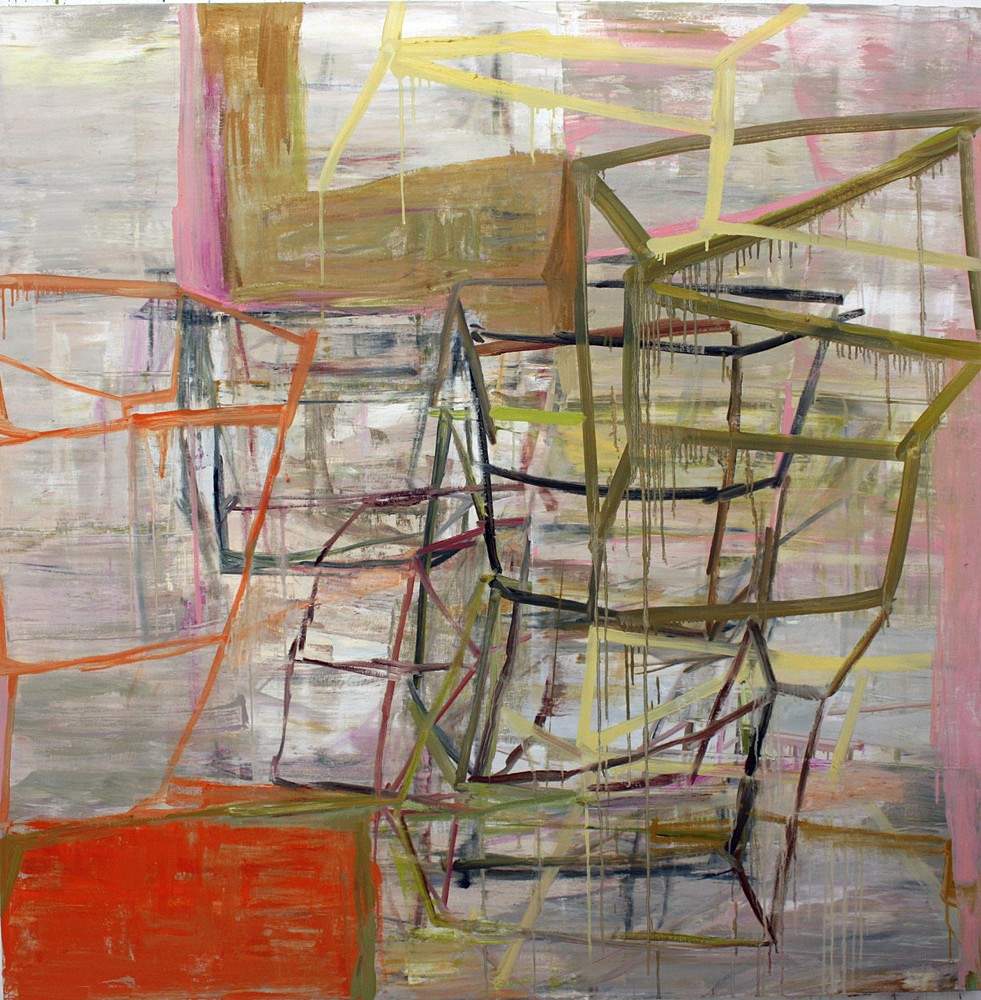





 Deborah Dancy has been on the faculty in the Department of Art and Art History at the University of Connecticut since 1981. Her professional career has been marked by a number of significant honors and awards, including a John Simon Guggenheim Foundation Fellowship, Connecticut Commission of the Arts Artist Fellowship, and New England Foundation for the Arts/NEA Individual Artist Grant. She has exhibited in galleries and museums including Purdue University, LewAllen Contemporary, Mattatuck Museum, and DeCordova Museum. Dancy’s work is included in numerous permanent collections, including the Boston Museum of Fine Arts, Birmingham Museum of Art, Baltimore Museum of Art, Oberlin College Museum of Art, Hallmark, General Electric Company, and the Bellagio Hotel. Sears-Peyton Gallery (New York), G.R.N’Namdi Gallery (Chicago and Miami), and Charles Young Fine Prints and Drawings (Portland, Connecticut) represent her work.
Deborah Dancy has been on the faculty in the Department of Art and Art History at the University of Connecticut since 1981. Her professional career has been marked by a number of significant honors and awards, including a John Simon Guggenheim Foundation Fellowship, Connecticut Commission of the Arts Artist Fellowship, and New England Foundation for the Arts/NEA Individual Artist Grant. She has exhibited in galleries and museums including Purdue University, LewAllen Contemporary, Mattatuck Museum, and DeCordova Museum. Dancy’s work is included in numerous permanent collections, including the Boston Museum of Fine Arts, Birmingham Museum of Art, Baltimore Museum of Art, Oberlin College Museum of Art, Hallmark, General Electric Company, and the Bellagio Hotel. Sears-Peyton Gallery (New York), G.R.N’Namdi Gallery (Chicago and Miami), and Charles Young Fine Prints and Drawings (Portland, Connecticut) represent her work.
 detail
detail

 detail
detail
 detail
detail


